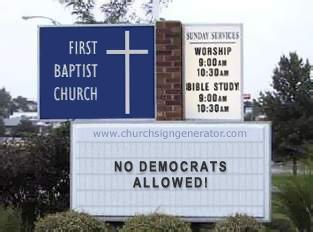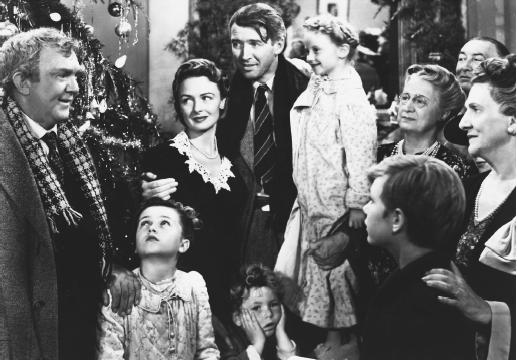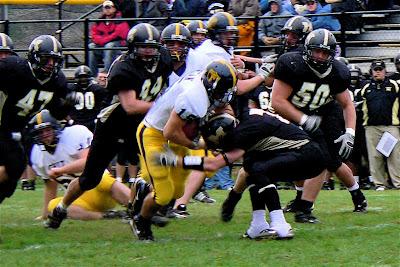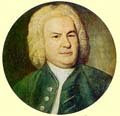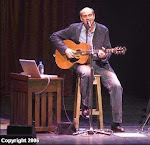Here in the
U.S., we just marked Veteran’s Day. Many in our time forget, however, that this was not the commemoration’s original name.
Veteran’s Day was first
Armistice Day, marking the Armistice at the end of World War I, which was signed on the 11
th hour of the 11
th day of the 11
th month in 1918. Today is the 90
th anniversary of that signing.
In northern France leaders from 21 EU countries gathered at Verdun, the first great battle of the war, which lasted for an appalling ten months, and where an estimated 600,000 casualties (dead, wounded, missing) were taken. In London, three of the last surviving British veterans of the Great War were honored. Henry Allingham (112), Harry Patch (110), and Bill Stone (108) watched as current servicemen laid wreaths on their behalf. Mr. Patch said, “It is important to remember the dead from both sides of the conflict. Irrespective of the uniforms we wore, we were all victims.” Across the continent, dozens of remembrance ceremonies were held to honor all of them.
The statistics of WWI are staggering. It lasted five years, and involved 35 countries. Over 65 million soldiers fought; 10 million died and 20 million were wounded. For the first time in history, the full power of modern technology was brought to bear in making war, such as airplanes, tanks and submarines. However, the most horrible aspect of WWI, for which it is remembered, was its brutal trench warfare. As defenses dug in, attacking forces were slaughtered in record numbers—on the first day of the Battle of Somme, for example, 80,000 British soldiers were killed or wounded. Also, for the first time in history, the war was fought by civilian armies, not professional soldiers, making the massive loss of life even harder to bear.
In countless ways, World War I created the fundamental elements of 20th century history. Genocide and the use of poison gas emerged as acts of war. The international system was totally transformed. On the political right fascism came out of the war; on the left the communist revolution in Russia leading to the USSR. America became a world power. Britain never recovered from the shock of WWI, and started her decline to the ranks of the second-class powers. At the peace conference of 1919, the German, Turkish, and Austro-Hungarian empires were broken up. New boundaries were drawn in Europe and the Middle East, boundaries -- as in Iraq and Kuwait -- which were still intact at the end of the century. And, just as the war was ending, German Nationalists like Hitler gathered millions who rejected the peace and blamed Jews and Communists for their defeat. The road to the Second World War started there.
One of the most tragic things we can say is that “Armistice Day” eventually became known as “Veteran’s Day.” WWI was supposed to be “the war to end all wars.” If it had been, we would still be remembering Armistice Day today. Instead, however, on Veteran’s Day we sadly note that “wars and rumors of war” continue to characterize this fallen world in which we live.
Let us mark this day with a fresh commitment. In our work and in our lives, let us promote peace. Let us be people of kindness, compassion, forgiveness and reconciliation. In all the battles of life, may we be peacemakers. And, as we remember veterans this week, let us also lift our hearts in prayer for the day to come when:
“They shall beat their swords into ploughshares,
and their spears into pruning-hooks;
nation shall not lift up sword against nation,
neither shall they learn war any more.” (Isaiah 2.5)
 Psalm 80 is the Vespers Psalm for Advent Sunday I. Verses 1-7 form the reading in The Divine Hours for this day.
Psalm 80 is the Vespers Psalm for Advent Sunday I. Verses 1-7 form the reading in The Divine Hours for this day.








